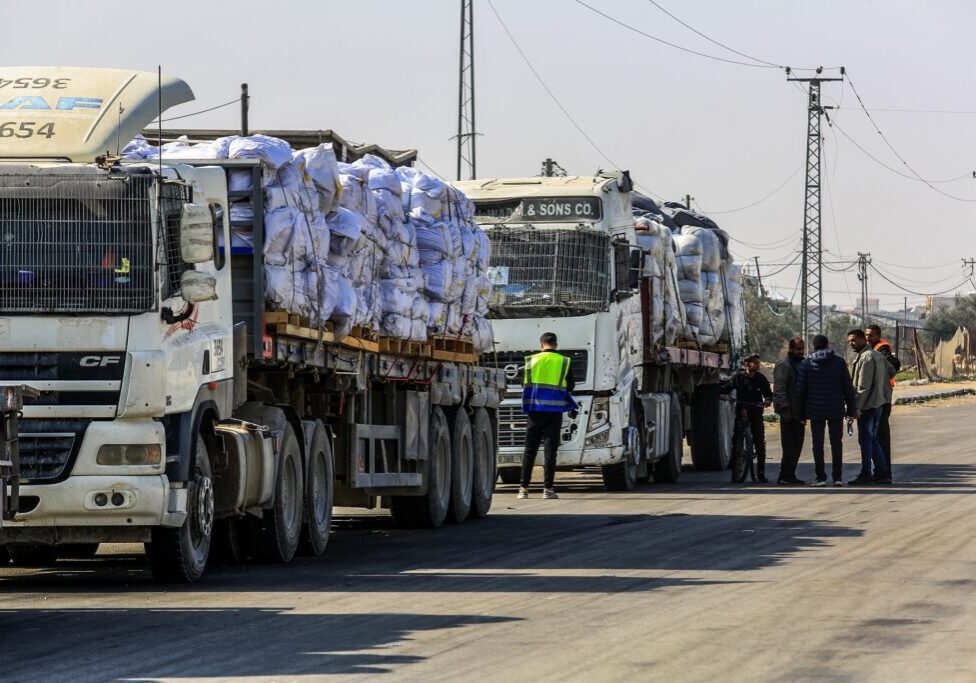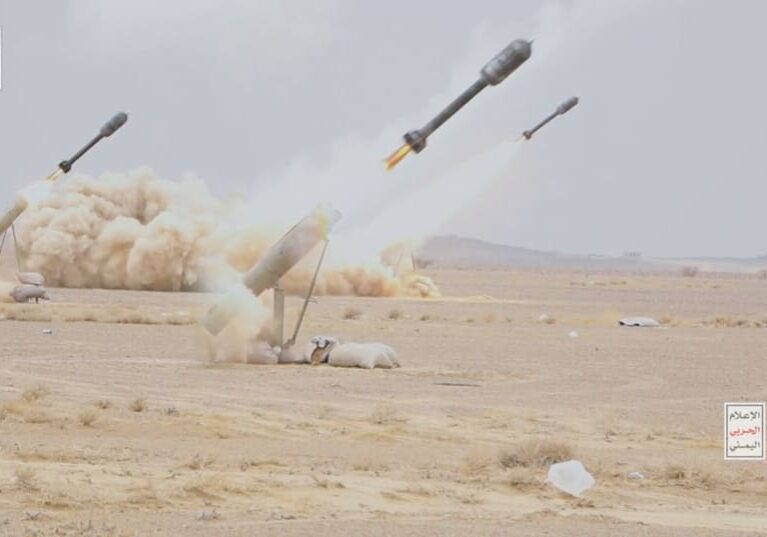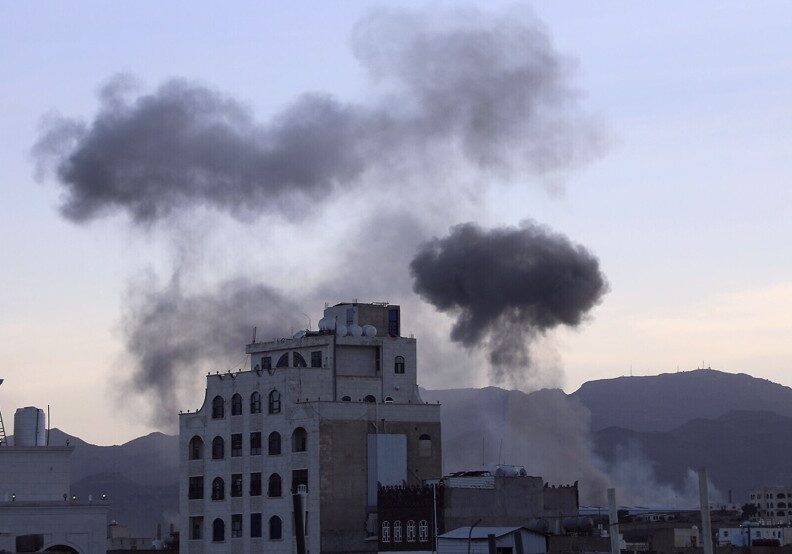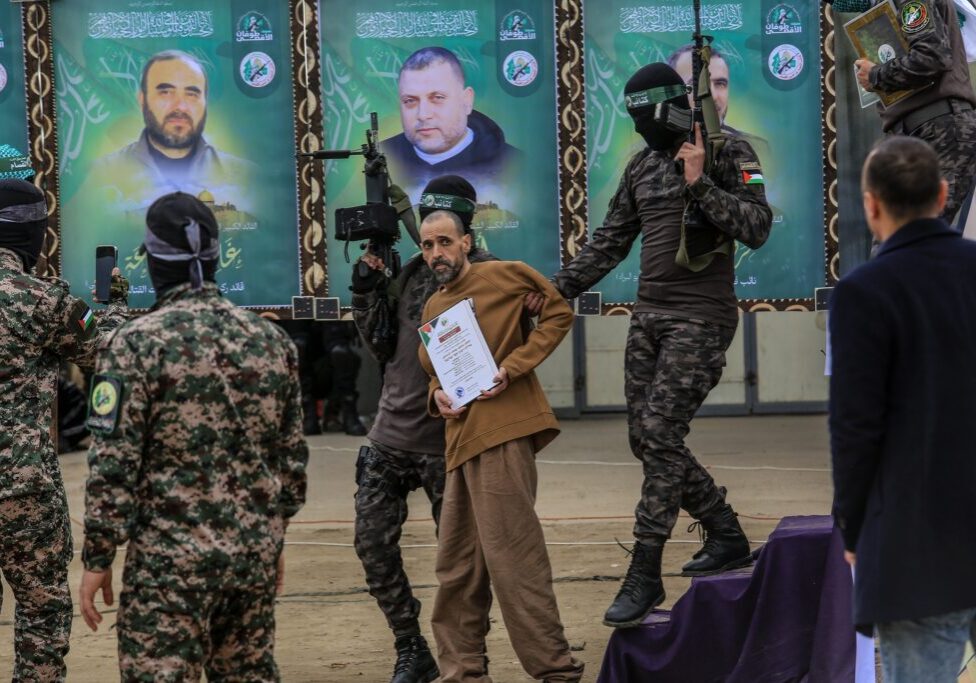Australia/Israel Review
Lebanon’s chaos offers little hope
Nov 4, 2019 | Eyal Zisser

Lebanon is in trouble. Tens of thousands of Lebanese have taken to the streets to demonstrate against their government over the economic crisis plaguing the country.
The Lebanese economy is collapsing. First came the war in neighbouring Syria, which shattered several major economic sectors, such as trade and tourism, and saw millions of Syrians seek refuge in Lebanon, something that has taken a toll on the country’s fragile economy.
Then came the Persian Gulf states’ ire over the tighter grip Hezbollah – the Iranian-backed Shi’ite terrorist group – has been able to get in the country, where it has become a political force that controls the majority in parliament. This has prompted Gulf states to bar their citizens from visiting Lebanon or investing money there.
And if that wasn’t bad enough, Lebanon was then hit with US sanctions seeking to pressure Hezbollah financially.
Some causes for the protests are more deeply rooted and stem from the younger generation’s revulsion of the old, corrupt ways characterising Lebanese politics – which seem to be governed by a handful of politicians and their families, whose behaviour is reminiscent of the Mafia’s glory days.
But the protest and unrest will not lead Lebanon anywhere, nor will they breed a new political horizon. As always, the anger of Lebanon’s youth will be outweighed by their loyalty to the older generation’s leaders, and, with it, to the familial, tribal, and religious foundations of their society and politics – even if the latter is rotten to the core.
Tribal and sectarian animosities have been poisoning Lebanon for decades, perpetuating its existence as a failed state that is subject to the whims of corrupt crime bosses.
If there is one thing that always trumps the desire for social justice and better economic policies, it is the hatred for and fear of a rival tribe, which repeatedly leads to similar voting patterns.
In Lebanon, it makes little difference whether the Government falls, as new elections are unlikely to herald any significant political change.
There was a time when this inherent chaos was the source of Lebanon’s strength, as it prevented a situation by which the country could fall prey to a dictator and afforded its people relative freedom and a flourishing economy.
But those days have passed, and the current reality in which there are no robust state institutions has birthed anarchy and a failed economy.
The mass protests sweeping through Beirut are a thorn in the side of Hezbollah leader Hassan Nasrallah. After 20 years of cultivating growing political power, Hezbollah and Nasrallah are an inextricable part of the system. This means he cannot escape responsibility for the situation or blame others, especially when Hezbollah’s activities are one of the main causes of Lebanon’s distress.
The organisation’s contribution to undermining state institutions is well known, but the fact that it insists on locking horns, not only with Israel, but also with the Gulf states and the United States, is proving to be an issue Lebanon is unable to weather.
For this reason, Nasrallah has rallied to the side of Lebanese Prime Minister Saad Hariri – his nemesis – and has called on cooler heads to prevail.
The Lebanese Government will most likely survive the current wave of protest, but it will have nothing to offer its agitated people but a bleak future.






